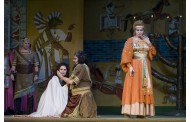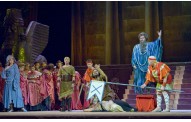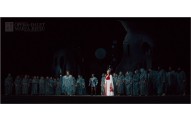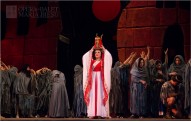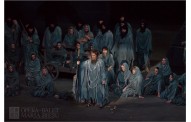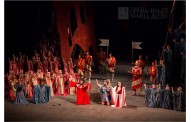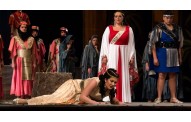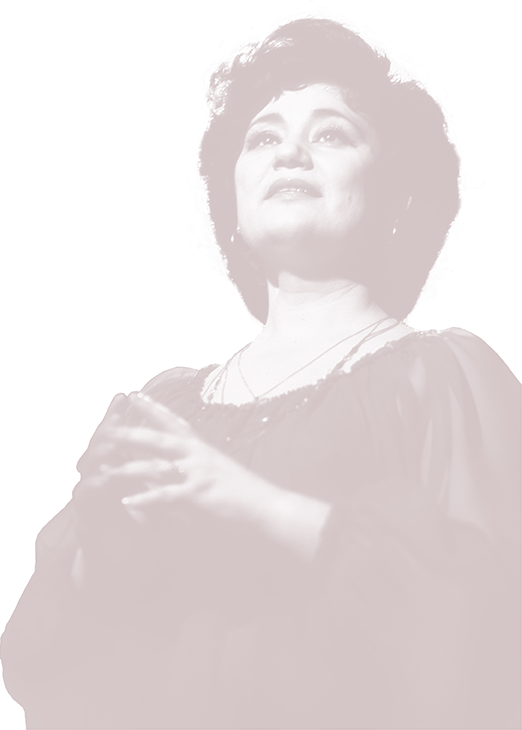
Conducator: Igor Znatokov
Original name: Nabucco
Libretto: Temistocle Solera
Supervising Director: Rodica Picireanu, Master of Art
Set Designer: Veaceslav Ocunev
Costume Designer: Irina Press, Master of Art
Supervising Set Designer: Iurie Matei, People’s Artist
Chorus Master: Oleg Constantinov, People’s Artist
Ballet Company Director: Anastasia Homițcaia, People’s Artist
Performed by the Opera Soloists, Symphony Orchestra, Chorus, and Ballet Ensemble
World Premiere: March 9, 1842, at La Scala Theatre, Milano.
Premiere in Chisinau: October 16, 1992, at National Opera of the Republic of Moldova.
Running time: 2 hours 30 min (two intervals)
Opera is presented in Italian
Subtitles in Romanian

